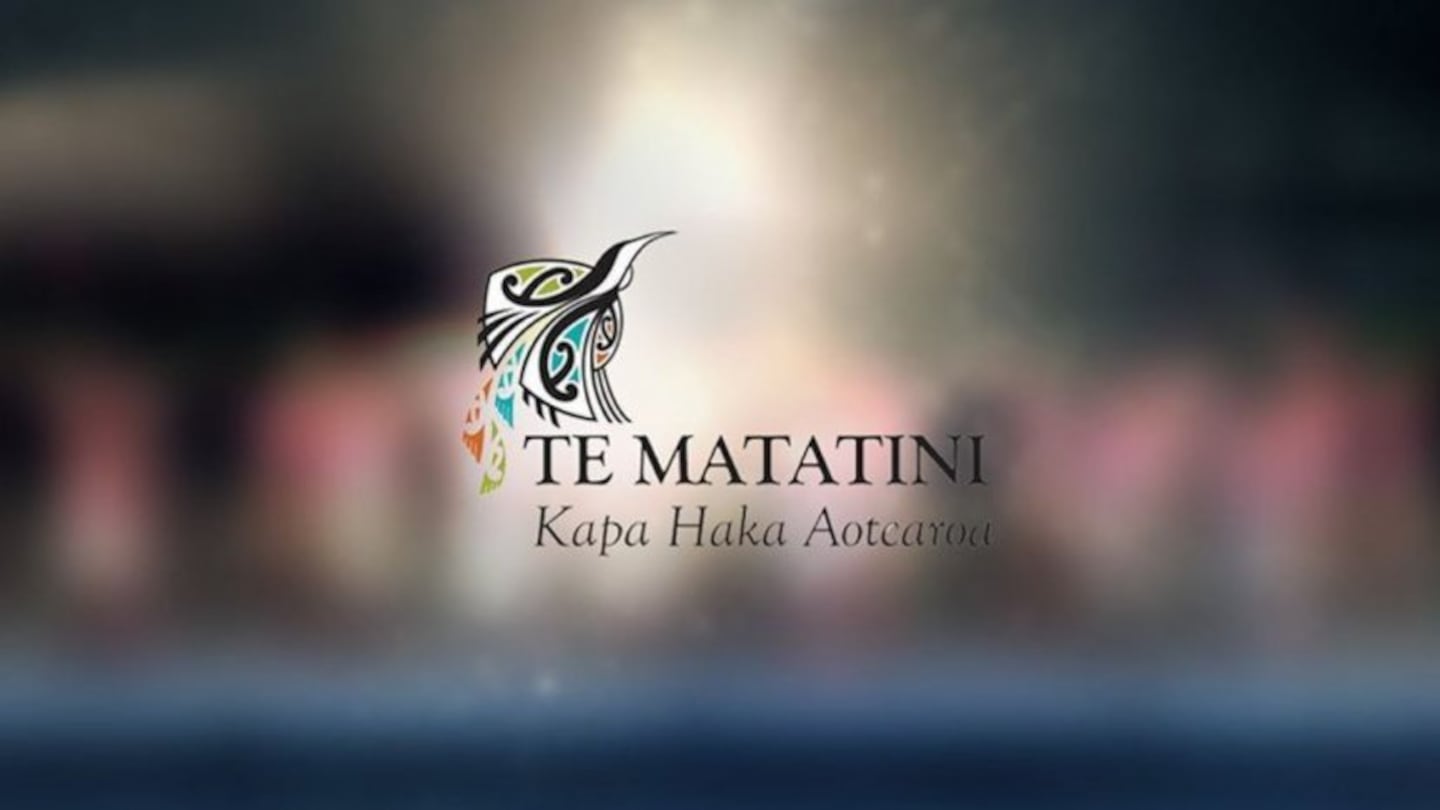Despite providing an additional $1m in funding for Te Matatini in this week's budget announcement, the government is being criticised for failing to provide "equitable funding for Kapa Haka to flourish in Aotearoa".
Earlier this week, Associate Arts, Culture and Heritage Minister Kiritapu Allan said the budget delivered the "largest ever baseline increase for Te Matatini".
"We know that kapa haka is an all-round catch-all way to improve our reo outcomes, our cultural outcomes; in terms of connectivity it brings people together," Allan said on Thursday.
"So from our perspective we see kapa haka and Te Matatini as an incredibly vital vehicle for achieving some of the outcomes that we are seeking to, across all the wellbeing measures for Māori and communities."
However, Te Matatini chairperson Selwyn Parata, while welcoming the additional funding, nevertheless said it was "disappointing" as it was insufficient to allow expansion of the positive contribution that Kapa Haka brings to Aotearoa.
"Kapa Haka provides a platform to normalise the use of te reo Māori; it connects us to our cultural values and stories; it provides a pathway for higher education and keeps whānau healthy while also providing employment opportunities. The benefits of Kapa Haka permeate all aspects of our society,” Parata said in a statement Thursday.
Te Matatini chief executive Carl Ross said the funding shortfall came notwithstanding the organisation providing the government with research findings following studies by the University of Auckland, Te Wananga o Raukawa and Victoria University.
"Te Matatini provided to Government an evidence-based report highlighting the fiscal contributions Kapa Haka makes to the national economy; positive attributes towards the Māori health index, the increased academic achievement levels of students who actively participate in Kapa Haka and the revitalisation of te reo Māori.”
The government funding for Kapa Haka at 1998 was $940,000 and was increased in the early 2000’s to $1.248 million later and has stood at $1.948 million since 2016, the statement said.
"The Government must address the inequities that Māori continue to face. Kapa Haka is unique to Aotearoa. New Zealanders are recognised for Kapa Haka internationally and yet, here at home, we continue to be underfunded for the significant benefits Kapa Haka provides to our society,” Ross said.
Te Pāti Māori has weighed into the issue once again, describing the extra $1m for Te Matatini as "crumbs", while classifying the government's overall budget as "chocolate sprinkles on a vanilla cake".
It is "fed up with the second class treatment of Māori arts," the party said in a statement Friday.
Te Pāti Māori co-leader Rawiri Waititi said the government is trying to "bamboozle" people by telling them they had invested the biggest boost ever into Te Matatini.
“Let's look at the numbers in relative terms so you can see what they aren't telling you. $4 million is being invested into Te Matatini over 4 years. That is only $1million extra per year. Te Matatini now gets $2.9 million per year. The Royal NZ Ballet also got an extra $1million. They now receive $8.1m per year," Waititi said in the statement.
“The Symphony Orchestra was the winner of the Budget with an extra $3 million per year. They now get $19.7 million per year.
“We are still no better off than we were last year and in actual fact, we are worse off with the extra boost given to the Symphony Orchestra."
Waititi said Māori culture continues to be 'exploited' in order to raise Aotearoa's image internationally.
“Still crumbs. Still not good enough. Still happy to exploit tangata whenua for our cultural and intellectual property to boost our international image, and give bugger all in return,” he said.

